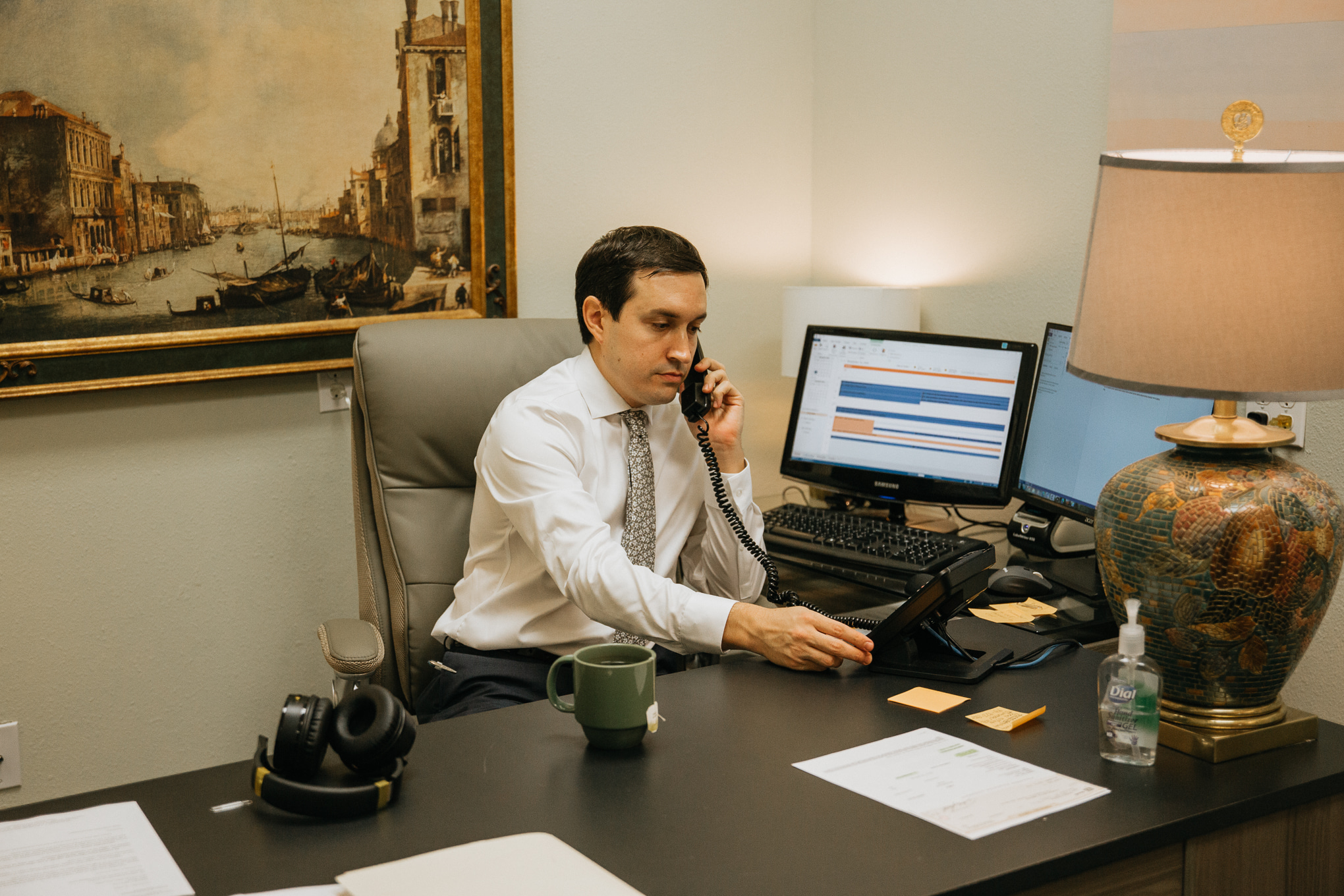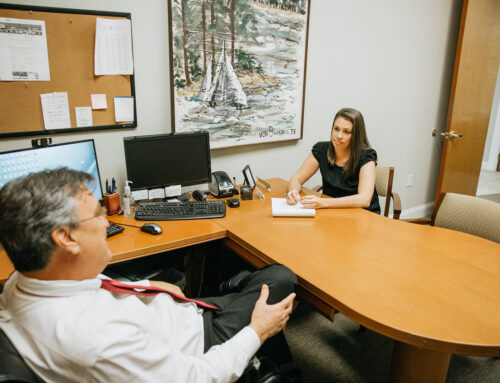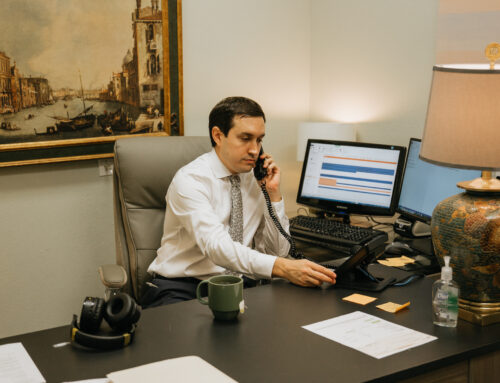Many people wonder if filing bankruptcy has any effect on judgements and lawsuits which have been levied against them. As is the case with most legal proceedings, there is no one answer for all scenarios- in fact, the answer to that question depends on a number of variables.
If you have judgements against you and are contemplating bankruptcy, it is prudent to call a Sarasota bankruptcy lawyer for advice. In the meantime, here is the basic information you need to help you to decide your best course of action.
What is an Automatic Stay?
When you file for bankruptcy, an injunction called an automatic stay immediately comes into play. In this case, the injunction is a court order which prevents creditors from taking action against you. Creditors are compelled to stop making telephone calls and sending demand letters, and must stop foreclosure actions and attempts to repossess collateral property.
Any creditor who desires to proceed with collection action against you has to ask the bankruptcy court to lift the automatic stay. The court can order that the stay be lifted under certain circumstances, but only after the bankruptcy judge has had an opportunity to review the case.
When a lawsuit is pending involving someone filing for bankruptcy, the parties may or may not be required to suspend the suit. Some pending lawsuits have nothing to do with debts. However, in some circumstances having an outside court may assist the work of the bankruptcy court.
Let’s look at a few scenarios involving lawsuits, and discuss how your bankruptcy filing may affect the proceedings.
Debt Collection Lawsuits
Creditors can be aggressive, and the very creditors that you are trying to outrun with bankruptcy may have sued you for their money. A creditor who has filed a lawsuit asks the court to enter a judgment, resolving any questions about your liability and the amount you must pay them back.
A judgment in a court of law affords the creditor collection powers that it doesn’t otherwise have, such as using the court judgment to seize your bank accounts, garnish wages, or place a lien against your home.
An automatic stay will stop the debt collection lawsuit until the bankruptcy is worked out. After receiving a “Suggestion of Bankruptcy”, the judge in the collection suit will cease all activity until the bankruptcy court enters a discharge. The state court will typically dismiss the case once the debtor receives a discharge in the bankruptcy court.
Judicial Foreclosure Actions: Filing a bankruptcy case will stop a judicial foreclosure.
Divorce, Child Custody, and Other Domestic Actions: Many family court judges will postpone a case until there is an order from the bankruptcy court guaranteeing that moving forward in the family court is proper. (This is known as a comfort order.) The bankruptcy court has no interest in domestic matters and will not interfere with a divorce or custody situation.
Child Support and Alimony Cases
Child support and alimony orders may affect a bankruptcy case because it affects the debtor’s resources. A child support creditor—usually the other parent or a state agency—is subject to the automatic stay similar to any other creditor, but with a difference. Any debts owed for child support will not be discharged in the bankruptcy case. In a Chapter 13 repayment plan, past-due support will need to be paid by the end of the three or five-year plan. In a Chapter 7 filing, the creditor can renew collection activities after the bankruptcy discharge.
Court-ordered alimony and spousal maintenance payments are handled in the same way.
Evictions
Special rules will apply if the lawsuit seeks your eviction. The eviction court will often issue a writ of possession to the landlord, giving the landlord the right to remove possessions from the premises and change the locks.
However, if the court doesn’t issue a writ of possession, the automatic stay will block the eviction. (Exceptions include if illegal drug use is involved or the property is endangered). If the court issued the writ before you filed your bankruptcy case, the bankruptcy would typically not protect you.
Criminal Cases
Criminal cases fall under local government’s police powers which the bankruptcy court will not interfere with, such as any court cases involving murder or robbery.
In conclusion, it is nearly impossible for an individual to know for sure just how a bankruptcy filing will affect other legal proceedings. That is, it is difficult without advice from a professional. If you are seeking relief from the bankruptcy courts and have other pending actions, call the Sarasota and Bradenton offices of Richard V. Ellis. We can help.





